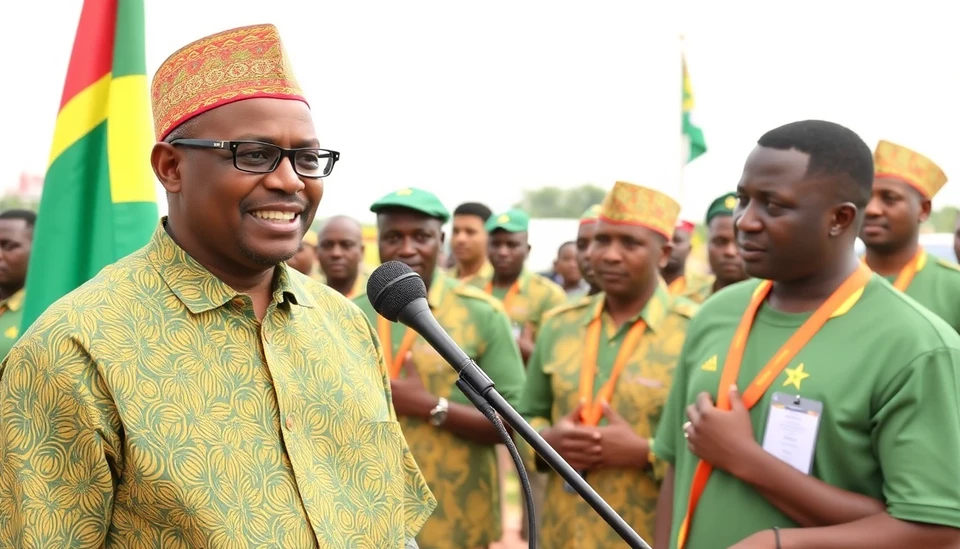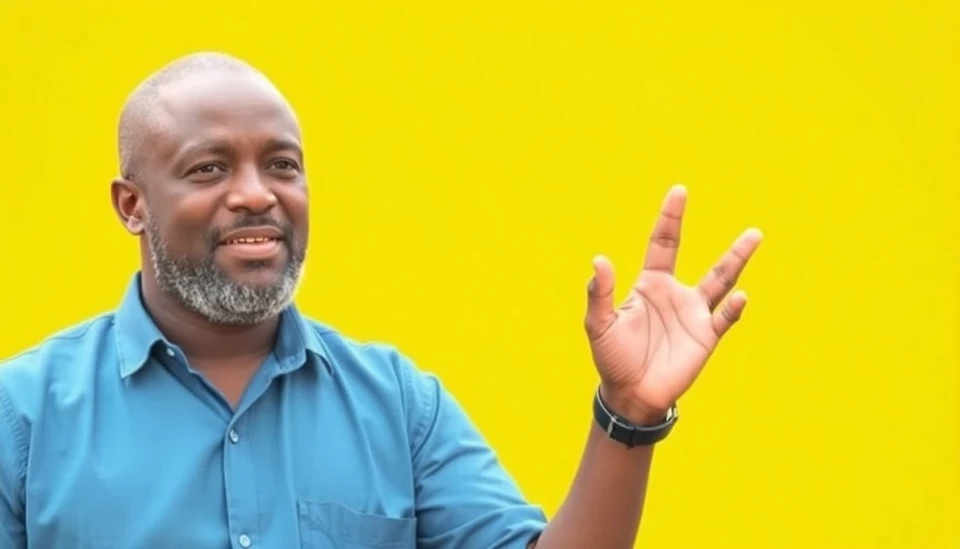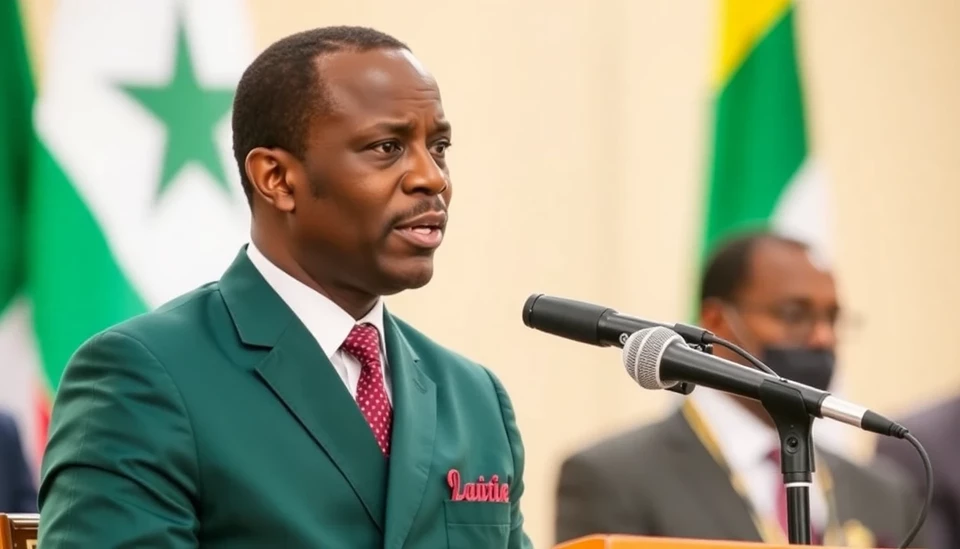
In the wake of a resounding electoral triumph, former President John Dramani Mahama, leader of the National Democratic Congress (NDC), faces a multitude of challenges as he assumes office once again. Having secured the largest mandate in decades, Mahama's return is met with a mixture of hope and skepticism from a populace eager for tangible improvements. His victory in the recent elections has revitalized the political landscape, reflecting the electorate's desire for change in response to various socio-economic issues plaguing the nation.
Mahama's administration is immediately confronted with pressing economic concerns, particularly a spiraling inflation rate that has been exacerbated by global market fluctuations and domestic policies. Citizens are increasingly vocal about their struggles with the rising cost of living, alongside the burden of high unemployment rates that have left many families in precarious financial situations. As Mahama steps back into leadership, he is tasked with addressing these adversities while restoring faith in government institutions.
The former president, who previously led Ghana from 2012 until 2017, carries the weight of expectations from the electorate, many of whom championed his party's proposals to enhance infrastructure, education, and health services. However, Mahama's previous term was not without its controversies, including criticisms over economic mismanagement. This historical context means that his administration will need to balance ambitious policy proposals with pragmatic solutions as they engage with various stakeholders, including business leaders, labor unions, and civil society groups.
As Mahama looks to implement his agenda, building consensus will be crucial in a political landscape that remains polarized. Observers note that his ability to communicate effectively and foster collaboration across party lines will be instrumental in advancing his goals. His leadership style will be put to the test as he navigates the complexities of governance amidst calls for transparency and accountability.
The international community is also watching closely, as Ghana’s stability and development are of significant interest to foreign investors and partner nations. Mahama aims to strengthen diplomatic ties and attract investment that can facilitate job creation and drive economic growth. In addition, he faces the imperative of responding to climate change—a pressing global concern that affects Ghanaian agriculture and livelihoods—through sustainable practices and policies.
In the coming weeks and months, Mahama’s government will need to prioritize key initiatives while demonstrating progress to maintain public support. Acknowledgment of the grievances of citizens, paired with tangible actions, will be pivotal as he works to solidify his mandate and address the myriad challenges that lay ahead for Ghana.
In summary, Mahama's return to the presidency symbolizes both a mandate for change and a call to action for a brighter future. The coming years will reveal whether his administration can meet the overwhelming expectations of the Ghanaian people while navigating the complex socio-economic landscape.
#GhanaElection #Mahama2024 #ChangeLeadership #GhanaPolitics #EconomicChallenges #Governance
Author: Rachel Greene

